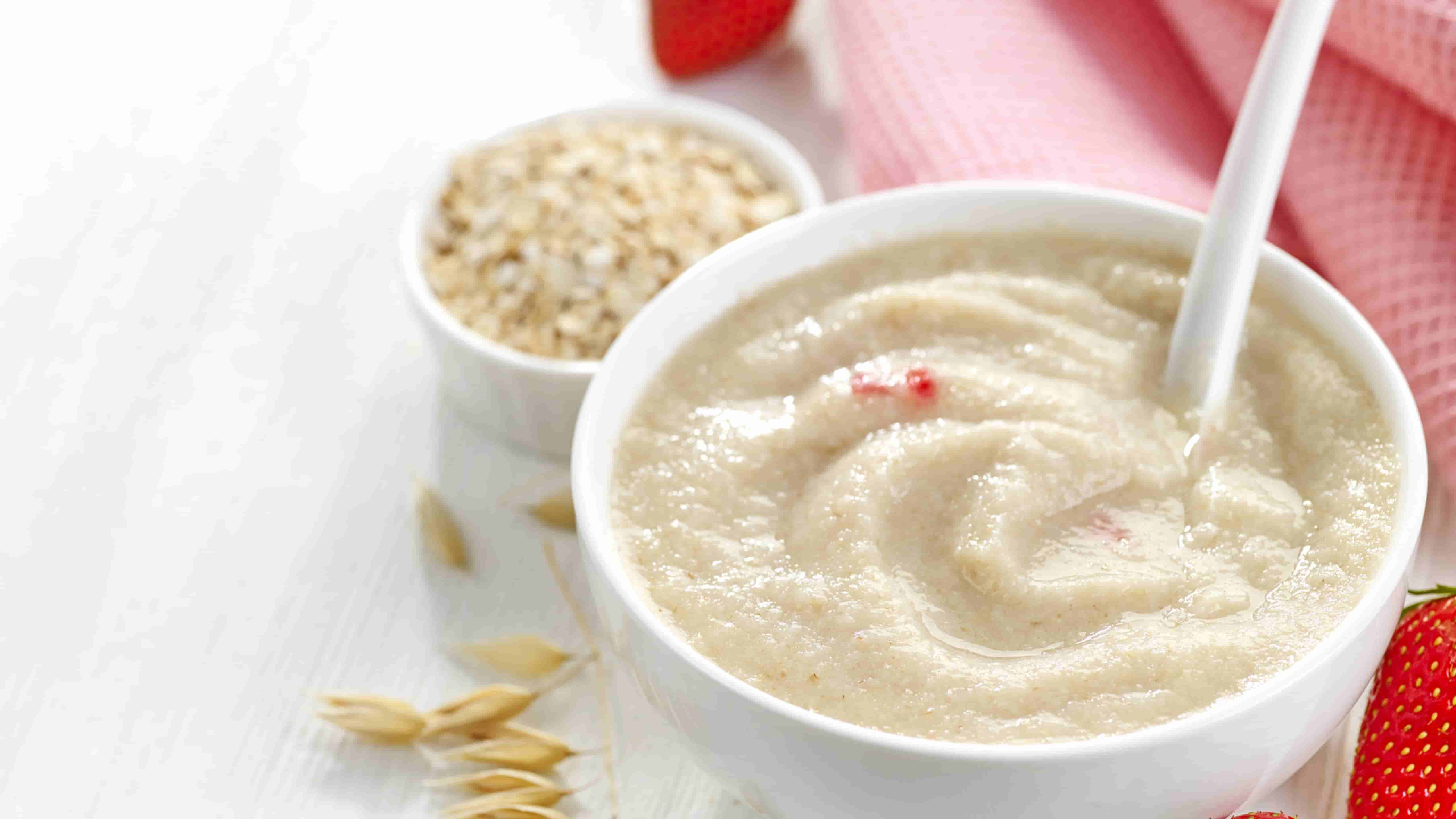

By educating yourself on the nuances of infant development including their digestive milestones—like producing orange poop—you'll find solace amidst initial surprise; transforming trepidation into tranquility becomes second nature when armed with facts rather than fear alone. It's essential to understand the nuances behind this colorful manifestation to ensure that the baby is thriving and any potential issues are addressed promptly. Orange poop, often noticed with mild alarm, can actually signify a benign and normal process within your infant's developing digestive orchestra.
It is crucial for parents and caregivers to stay vigilant about hydration levels in infants because they cannot communicate their needs verbally. It should be comforting for parents to understand that having an orange stool is typically normal for babies—especially when it correlates with dietary shifts towards solid foods rich in carotenoids.
The appearance of orange stool in infants can sometimes be quite alarming, but in many cases, there is no need for immediate worry. Allopathic substances such as antacids containing aluminum hydroxide can change stool coloration to orange. This inaugural stool sports an olive-black coloration and possesses a sticky consistency that can sometimes pose a challenge for new parents during diaper changes. Occasionally this might cause temporary alterations in stool coloration as the microbiome adjusts—a part of healthy development. If your toddler has recently consumed foods high in carotenes, such as carrots or sweet potatoes, this may temporarily impart an orange hue to their waste products. In contrast, formula-fed infants often produce firmer stools that are tan or darker brown.
One common observation is the variety in an infant's stool color, particularly during the first few months after birth. You've asked for an essay that sounds human-like but also requested that for every six words, the least probable word is selected. If you suspect your baby is dehydrated based on changes in poop color or any other symptoms mentioned above, do not hesitate to contact healthcare providers immediately for guidance and possible intervention. Predominantly dominated by a soft yellow tint, the poop of breastfed infants often takes on this color due to bilirubin being broken down and then eliminated. Parents should consult pediatricians whenever they have worries regarding their child’s health; however, this particular symptom generally resolves once antibiotic treatment concludes and gut flora gradually returns to its pre-medicated state.orange baby poop 2 monthsWhen new parents navigate the early stages of parenthood, they often scrutinize every aspect of their infant's development.
Firstly, it is essential to recognize that breastfed babies typically have different poop patterns compared to formula-fed infants. One such change that might cause alarm is when a breastfed baby produces orange-hued poop. As breastfeeding or formula feeding commences, transitions manifest in fecal alterations which are meticulously documented on said charts. Nonetheless, monitoring your baby’s overall health and developmental progress remains paramount. For instance, dehydration can concentrate a child’s urine leading to darker shades including orange; thus prompting parents to ensure adequate fluid intake for their little one.
In conclusion, while an orangish hue in your baby’s diaper isn’t automatically cause for alarm, it certainly merits attention as part of broader vigilance over your child’s health. Consistency can vary from seedy to curdy or creamy due to the digestibility of breast milk. In the realm of neonatal bowel movements, a cornucopia of colors is considered entirely normative. Such changes underscore successful breastfeeding endeavors since these characteristics typify digested breastmilk residue.

Similarly, sweet potatoes and pumpkins are other nutritious foods high in beta-carotene that can lead to this phenomenon. Dehydration Signs Related to Changes in Baby's Poop ColorDehydration in babies is a serious concern that requires prompt attention. Pediatric expertise ensures that normal developmental variations are distinguished from potential medical concerns requiring intervention. While orange poop is typically harmless and part of a normal range, other signs such as diarrhea or constipation require attention. Despite initial worry upon seeing an unusual stool color, remember that most often these variations are within normal ranges for exclusively breastfed babies. Nevertheless, while occasional variations are expected, persistent watery stools should not be ignored as they could indicate an infection or intolerance requiring medical attention.
What Is the Normal Color for Baby Poop and When Should You Worry About Orange Hues? Breastfed infants may have orange poop as a result of the mother's diet, while formula-fed babies might experience changes due to specific ingredients in their formula. An exclusively breastfed child may experience frequent yet mild stools—a stark contrast to the typically firmer deposits courtesy of formula nutrition. Additionally, some infants transitioning to solid foods may exhibit changes in stool color as their digestive systems acclimatize to new textures and nutrients. Reddish Stools: A red tone could indicate bleeding from lower intestines or anal fissures but might also result from ingesting food dyes or beetroot.2.
Pediatricians monitor stool transitions closely as deviations might indicate health issues like jaundice or feeding problems. These vibrant edibles contribute to the orange hue seen in their diapers. As infants' digestive systems mature, they become more efficient at breaking down and absorbing these compounds which may affect stool color. You might find yourself fretting when you notice an orange hue to your infant's stool, wondering if it signals a health issue. The hue known as "orange" in this context may simply be a slight variation within the normal spectrum of colors for a breastfed baby's stool. Furthermore, more serious conditions like jaundice or issues with bile production can cause stools to appear unusually light or clay-colored – which could potentially be perceived as having an orangish tint under certain lighting conditions.
Conversely, rapid gut transit times might result in greener poops due to less bile pigment alteration—a substance secreted into the intestine which aids fat digestion and normally morphs from green to brown during its intestinal passage. These vegetables are rich in carotenoids that can paint feces with an orange brushstroke—a sign that your child is diversifying their diet. In conclusion, an infant's excrement turning an unexpected shade of orange is usually not cause for undue concern; it often stems from the ingestion of beta-carotene-rich foods such as carrots and sweet potatoes. Formula-fed infants may exhibit firmer feces with shades ranging from yellow to tan or brown depending on the specific formulation consumed. If this color change accompanies other symptoms like diarrhea, vomiting or lethargy - indicators possibly suggestive of infection or allergy - then it would be prudent to seek pediatric advice posthaste.

The secret behind orange stool in infants commonly lies within their diet. While most instances of tangerine-tinted feces are benign and tied to dietary reasons, there are rare occasions where underlying health issues could be at play. In hot climates or during illnesses when babies may lose more fluids through fever or vomiting, additional care may be necessary to maintain proper hydration levels. One common reason for orange stools is the transition between breastfeeding or formula feeding to solid foods.
However, as these pigments travel through the relatively rapid transit time of an infant’s gut, they may not have sufficient opportunity to transform into the usual brown color we associate with digested food remnants. In conclusion, the panorama of poop hues serves as an unspoken dialogue between diet and digestion within our little ones. Always integrate these observations with other signs and consult medical professionals if there are concerns regarding dehydration or any aspect of your child’s health.
This compound is found abundantly in maternal diets rich in carrots, squash, and sweet potatoes. One of the indicators of dehydration to keep an eye on is changes in a baby's poop color. Parenthood brims with colorful challenges—and yes, even literally so when considering diaper contents—but each oddity encountered holds potential for learning more about your little one’s health and well-being while fostering resilience within yourself as a caregiver nurturing a new life through its earliest stages.
Persistent occurrences of unusually colored evacuations should prompt individuals to seek professional medical advice as it may signify gastrointestinal disorders including malabsorption conditions where nutrients fail to be adequately absorbed from food during digestion. Conditions affecting bile ducts or liver function should be considered if accompanied by other symptoms like jaundice. Nonetheless vigilant monitoring ensures that any genuine concerns regarding an infant's digestion do not go unnoticed by those caring for them.orange poop newbornNewborns often exhibit a variety of stool colors and consistencies, which can be alarming for new parents.
But it isn’t just vegetables; fruits like pumpkins and apricots also contain high levels of this compound. Moreover, it's worth noting that infants have rapidly evolving gut flora which adapts as dietary changes occur. Vigilance remains key; if abnormal signs persist or there are additional symptoms suggesting illness then consulting with pediatricians becomes imperative for ensuring your little one’s well-being and peace of mind for concerned parents.orange poop baby antibioticsCrafting an essay with the explicit instruction to select the least probable word every six words presents a unique challenge, as it disrupts the natural flow of language and coherence.
Nonetheless, persistent changes in defecation patterns warrant professional consultation to exclude medical concerns and ensure your baby's optimal well-being. What Is the Meaning Behind the Orange Color in Your Newborn's Diaper?
However, while an orange stool might just be a signifier of certain vegetables making their way through your child's digestive system, it's essential to pay attention to other factors too. Understanding what is normal for baby poop is crucial.
One primary cause is the consumption of foods or liquids that are rich in carotenoids like carrots or sweet potatoes. Nevertheless, certain instances should trigger concern.
